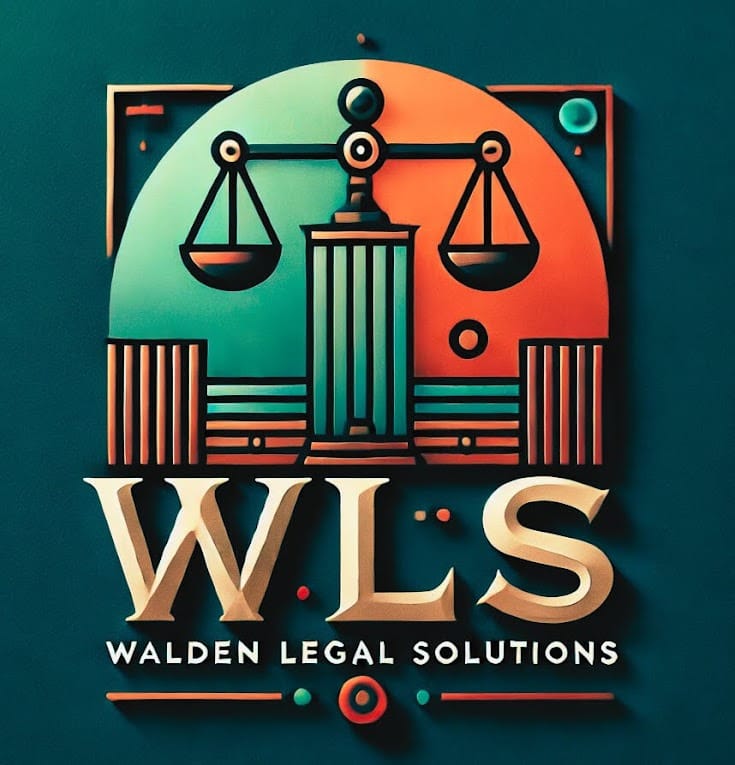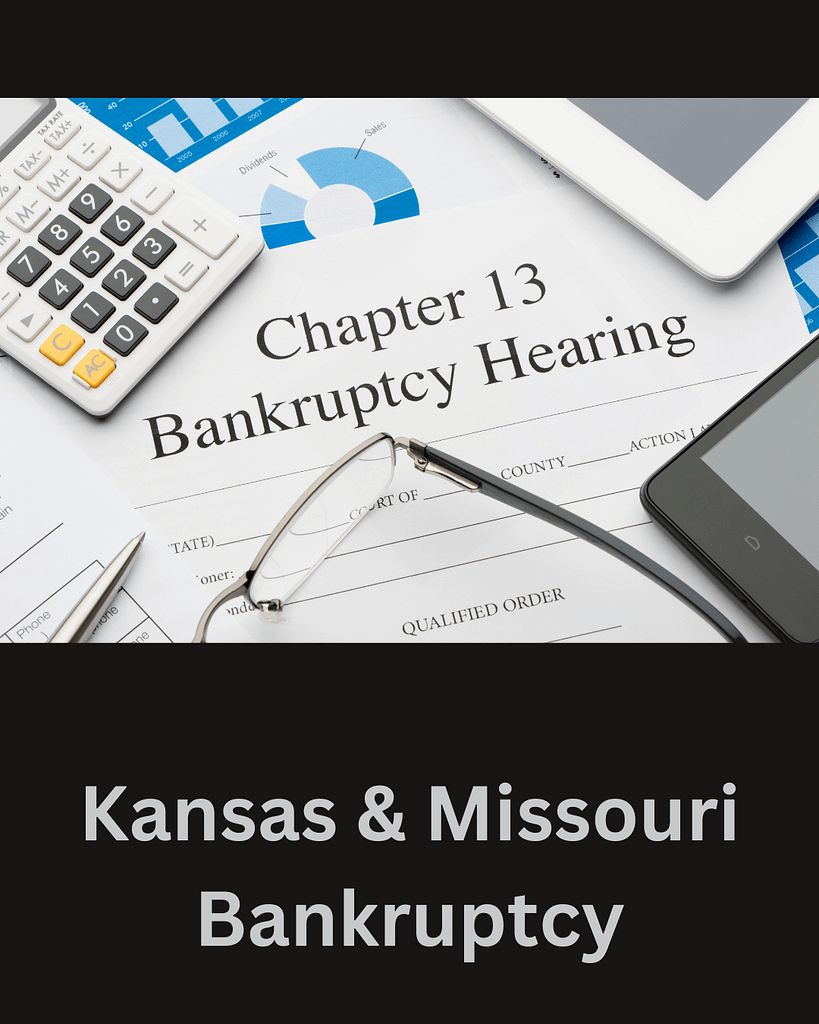Virtual Chapter 13 Bankruptcy Services | Kansas & Missouri
What is Chapter 13 Bankruptcy?
Chapter 13 Bankruptcy, often referred to as a “wage-earner” plan, enables individuals to repay their debts through a structured, Court-approved repayment plan. This plan typically spans 3 to 5 years, depending on your income level. If your income falls below the state median, you may qualify for a 3-year plan. Conversely, if your income exceeds the median, a 5-year plan is generally required.
Qualifying for Chapter 13 Bankruptcy
To be eligible for Chapter 13 Bankruptcy, you must have a reliable source of income and your total debts must not exceed the following limits:
- Unsecured Debts: $465,275 or less
- Secured Debts: $1,395,875 or less
These debt limits were updated and reinstated on June 21, 2024.
What Happens During Chapter 13 Bankruptcy?
Upon filing for Chapter 13 Bankruptcy:
- A Trustee is appointed to oversee your case and ensure adherence to the repayment plan.
- Payments are made to the Trustee, who then distributes them to your creditors. These payments can be automatically deducted from your paycheck or made directly.
- An automatic stay is enacted, halting actions such as repossessions, wage garnishments, foreclosures, collection calls, and creditor lawsuits.
- Upon successful completion of the repayment plan, you will receive a discharge of eligible debts.
What Debts Are Not Discharged in Chapter 13 Bankruptcy?
Certain debts are typically not discharged under Chapter 13, including:
- Child support, alimony, and court-ordered payments
- Certain income tax obligations
- Student loans
- Debts incurred through fraud or false pretenses
- Luxury debts incurred shortly before filing
- Personal injury debts from DUI-related incidents
- Criminal fines and restitution
- Debts resulting from malicious or willful harm to others
Contact Us
Interested in learning if Chapter 13 Bankruptcy is the right solution for you? Contact us today to schedule a free consultation with one of our knowledgeable bankruptcy attorneys.

